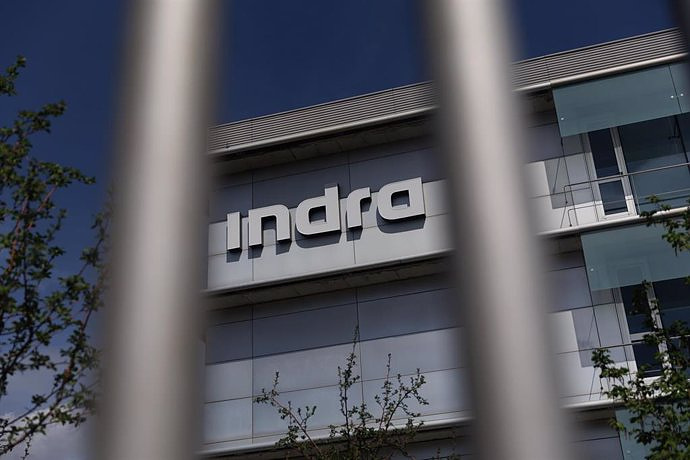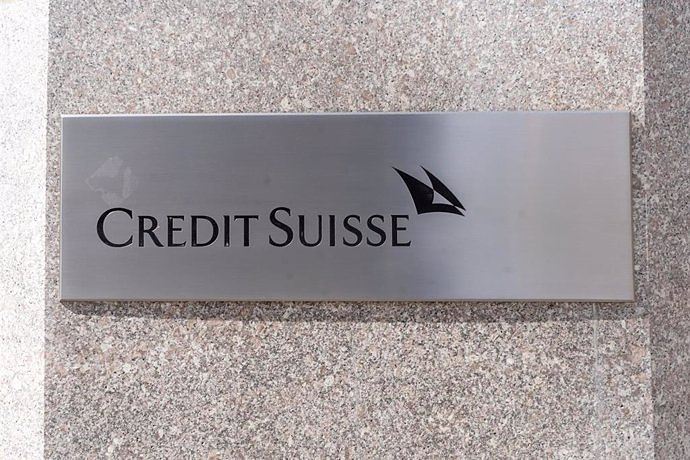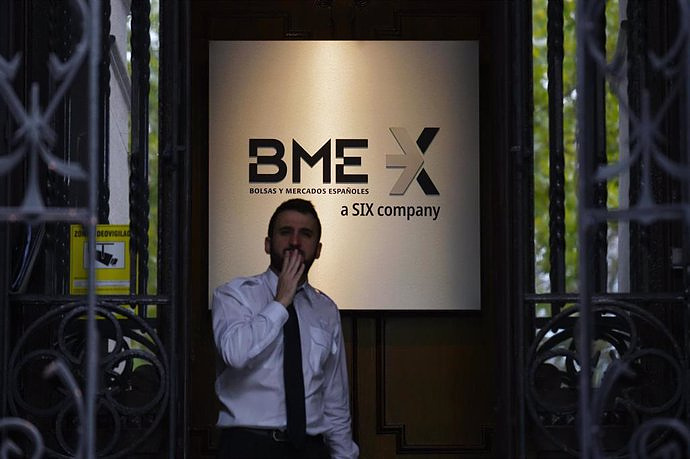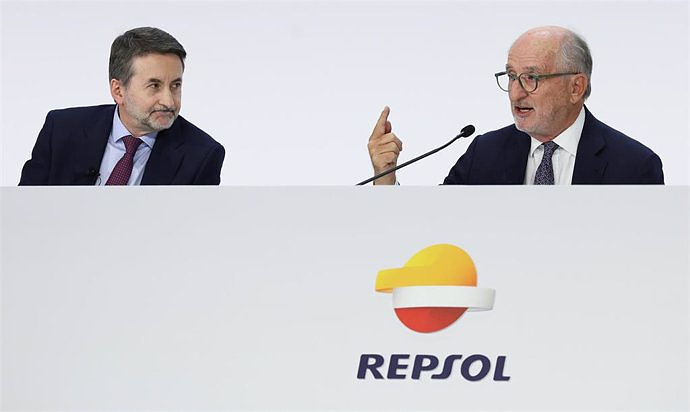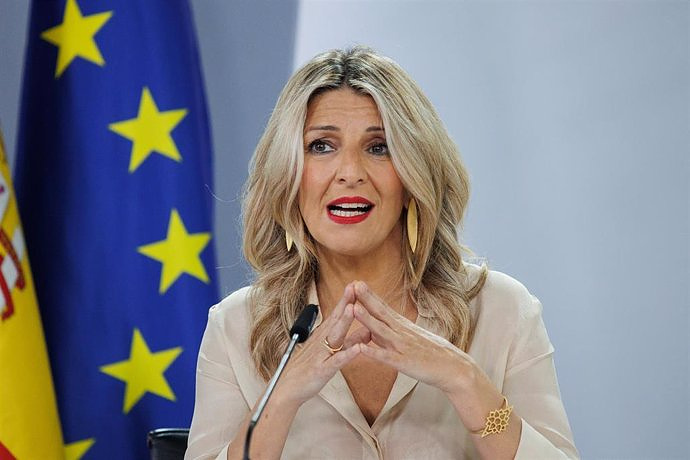BRUSELAS, 27 Sep. (EUROPA PRESS) -
The European Union is working to stop the export of Russian coal to third countries within the framework of the new round of sanctions to respond to the Russian escalation in the Ukraine conflict after the announcement of partial mobilization of the population, nuclear threats and referendums in the Donetsk, Lugansk, Kherson and Zaporizhia regions.
In an appearance in the European Parliament, the deputy managing director for Eastern Europe and Central Asia of the EU External Action Service (EEAS), Luc Pierre Devigne, has pointed out that the new European sanctions will include more prohibitions on Russian imports and exports to the country, it will also attack new economic sectors and the 'black list' of individuals and companies responsible for the Russian escalation will be expanded.
He also pointed out that community diplomacy is working with the European Commission to stop the export of Russian coal to third countries, following the measure that prohibits European companies from participating in these transactions.
In front of the MEPs, Devigne has assured that there is room to apply sanctions against Moscow for the military aggression against the neighboring country and has given as an example the agreement reached at the G7 level to limit the maximum prices of oil from Russia.
The Twenty-seven await a proposal from the European Commission for the latest package of sanctions, with the idea that the first text can be discussed this Wednesday at the level of ambassadors to the EU, following the political agreement of the foreign ministers on the margins of the the United Nations General Assembly in New York.
The option of setting a ceiling on the price of oil seems to win over the Twenty-seven, a diplomatic source assures Europa Press, despite the reluctance of some countries such as Hungary and Cyprus, more dependent on Russian hydrocarbons, although the EU rules out in this moment to sanction the nuclear energy sector as advocated by Germany.
Regarding international support for the Kremlin, the EEAS representative assessed that China is not satisfied with Russia's "adventurous spirit" and is beginning to look with concern at the impact of the war on energy or food prices.
"What was presented as a military operation of days has now changed," stressed the European diplomat, echoing India's statements that it is not a time for war, Kazakhstan's decision not to accept the result of the consultations in the occupied areas in Ukraine or Turkey's demand that the territories invaded by Russia be returned.
"Russia is increasingly diplomatically isolated," Devigne summarized, who in any case insisted that the EU must continue on the path traveled so far and redouble economic sanctions and commit support to kyiv for as long as necessary. "This is not the time to give in," she has settled.

 Exploring Cardano: Inner Workings and Advantages of this Cryptocurrency
Exploring Cardano: Inner Workings and Advantages of this Cryptocurrency Seville.- Economy.- Innova.- STSA inaugurates its new painting and sealing hangar in San Pablo, for 18 million
Seville.- Economy.- Innova.- STSA inaugurates its new painting and sealing hangar in San Pablo, for 18 million Innova.- More than 300 volunteers join the Andalucía Compromiso Digital network in one month to facilitate access to ICT
Innova.- More than 300 volunteers join the Andalucía Compromiso Digital network in one month to facilitate access to ICT Innova.-AMP.- Ayesa acquires 51% of Sadiel, which will create new technological engineering products and expand markets
Innova.-AMP.- Ayesa acquires 51% of Sadiel, which will create new technological engineering products and expand markets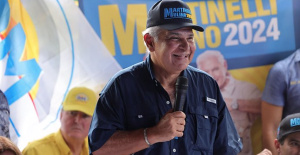 Mulino, dolphin of former President Martinelli, wins the presidential elections in Panama
Mulino, dolphin of former President Martinelli, wins the presidential elections in Panama The prosecutor who asked to investigate the complaint of Ayuso's partner against two prosecutors for revealing secrets is removed
The prosecutor who asked to investigate the complaint of Ayuso's partner against two prosecutors for revealing secrets is removed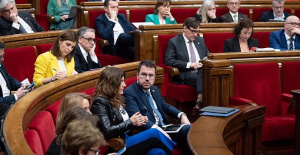 The PSC would win the Catalan elections with between 40 and 42 seats, followed by Junts (35-37) and ERC (21-23)
The PSC would win the Catalan elections with between 40 and 42 seats, followed by Junts (35-37) and ERC (21-23)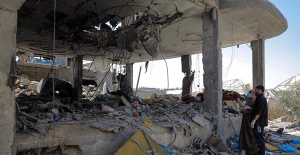 The Israeli Army asks Palestinians to leave Rafah "immediately" in the face of an imminent offensive
The Israeli Army asks Palestinians to leave Rafah "immediately" in the face of an imminent offensive How Blockchain in being used to shape the future
How Blockchain in being used to shape the future Not just BTC and ETH: Here Are Some More Interesting Coins Worth Focusing on
Not just BTC and ETH: Here Are Some More Interesting Coins Worth Focusing on A sensor system obtains the fingerprint of essential oils and detects if they have been adulterated
A sensor system obtains the fingerprint of essential oils and detects if they have been adulterated Faraday UPV presents the 'Origin' rocket to exceed 10 km of flight: "It is the beginning of the journey to space"
Faraday UPV presents the 'Origin' rocket to exceed 10 km of flight: "It is the beginning of the journey to space" The Generalitat calls for aid worth 4 million to promote innovation projects in municipalities
The Generalitat calls for aid worth 4 million to promote innovation projects in municipalities UPV students design an app that helps improve the ventilation of homes in the face of high temperatures
UPV students design an app that helps improve the ventilation of homes in the face of high temperatures A million people demonstrate in France against Macron's pension reform
A million people demonstrate in France against Macron's pension reform Russia launches several missiles against "critical infrastructure" in the city of Zaporizhia
Russia launches several missiles against "critical infrastructure" in the city of Zaporizhia A "procession" remembers the dead of the Calabria shipwreck as bodies continue to wash up on the shore
A "procession" remembers the dead of the Calabria shipwreck as bodies continue to wash up on the shore Prison sentences handed down for three prominent Hong Kong pro-democracy activists
Prison sentences handed down for three prominent Hong Kong pro-democracy activists ETH continues to leave trading platforms, Ethereum balance on exchanges lowest in 3 years
ETH continues to leave trading platforms, Ethereum balance on exchanges lowest in 3 years Investors invest $450 million in Consensys, Ethereum incubator now valued at $7 billion
Investors invest $450 million in Consensys, Ethereum incubator now valued at $7 billion Alchemy Integrates Ethereum L2 Product Starknet to Enhance Web3 Scalability at a Price 100x Lower Than L1 Fees
Alchemy Integrates Ethereum L2 Product Starknet to Enhance Web3 Scalability at a Price 100x Lower Than L1 Fees Mining Report: Bitcoin's Electricity Consumption Declines by 25% in Q1 2022
Mining Report: Bitcoin's Electricity Consumption Declines by 25% in Q1 2022 Oil-to-Bitcoin Mining Firm Crusoe Energy Systems Raised $505 Million
Oil-to-Bitcoin Mining Firm Crusoe Energy Systems Raised $505 Million Microbt reveals the latest Bitcoin mining rigs -- Machines produce up to 126 TH/s with custom 5nm chip design
Microbt reveals the latest Bitcoin mining rigs -- Machines produce up to 126 TH/s with custom 5nm chip design Bitcoin's Mining Difficulty Hits a Lifetime High, With More Than 90% of BTC Supply Issued
Bitcoin's Mining Difficulty Hits a Lifetime High, With More Than 90% of BTC Supply Issued The Biggest Movers are Near, EOS, and RUNE during Friday's Selloff
The Biggest Movers are Near, EOS, and RUNE during Friday's Selloff Global Markets Spooked by a Hawkish Fed and Covid, Stocks and Crypto Gain After Musk Buys Twitter
Global Markets Spooked by a Hawkish Fed and Covid, Stocks and Crypto Gain After Musk Buys Twitter Bitso to offset carbon emissions from the Trading Platform's ERC20, ETH, and BTC Transactions
Bitso to offset carbon emissions from the Trading Platform's ERC20, ETH, and BTC Transactions Draftkings Announces 2022 College Hoops NFT Selection for March Madness
Draftkings Announces 2022 College Hoops NFT Selection for March Madness
